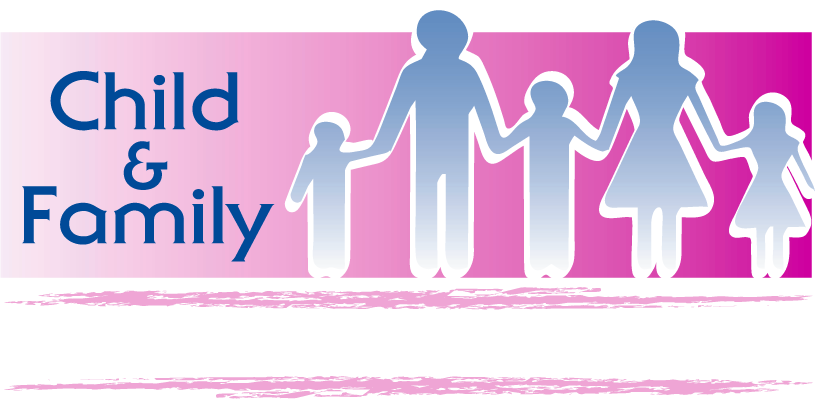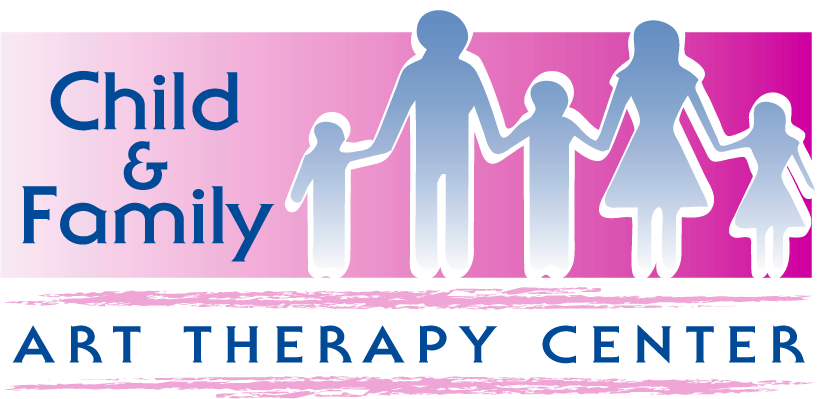Learning Objectives: Participants will be able to:
• State why neurodivergent children often find themselves in negative feedback cycles with the world - and the mindset caregivers need to adopt to disrupt and repair this destructive dynamic.
• List at least five forms of structure therapists, educators, and caregivers can use to decrease neurodivergent clilents’ anxiety and stress and bolster their social (and treatment) engagement.
• Verbally validate what a child CAN DO using T.P.R. (Targeted Positive Reflection) to generate positive cycles and motivate social practice.
• Utilize facilitative question-based Compassionate Social Coaching to help clients learn from social miscues, misunderstandings, and big feelings without a sense of shame or punishment.
• Employ appropriate support interventions for four escalating levels of frustration and anger, including a meltdown safety plan using Emotional G.P.S.
Class Outline:
• Define operational terms: neurodiversity, neurodivergent, neurotypical, and ableism
• Why it’s not neurodivergent clients’ fault when they struggle to engage socially in mainstream activities or educational settings
• Discover the moral imperative for society to truly accept, embrace, and support neurodivergent individuals and avoid superficial lip service about ‘inclusion’
• Overview the strength-based, holistic A.R.C.H. Method of neurodiverstiy support and social development and detail each of the letters in the acronym
• A: Anticipate and teach: proactively understand how neurodivergent people generally think and experience the world, and then individualize support for each individual.
• How to provide external structure to decrease anxiety and increase engagement in treatment and the child’s lived social settings
• Engaging, multisensory sample lessons with visual aides from The Art of Friendship Social-Coping curriculum that illuminate unwritten social expectations in
• R: Reinforce and Reward: why and how to give Targeted Positive Reflection to generate positive cycles and reinforce social and coping skill practice
• An optional child-centered, strength-based reward system that supercharges social learning
• C: Compassionate Social Coaching: experience and practice facilitative question-based coaching that enable clients to learn from social miscues without shame, blame, and punishment
• H: Holding Environment: how to provide boundaries and limits in a social-education model to positively shape disruptive and unacceptable behaviors
• The Emotional G.P.S. framework to understand four levels of frustration, including effective support interventions for each level and a meltdown safety plan
• How to use strategic rewards, rules, and consequences to shape unhelpful/unacceptable behaviors towards positive coping
• Discover a model for a social development therapy group program based on 25+ years of weaving evidence-based ingredients into the Art of Friendship Social-Coping Program


